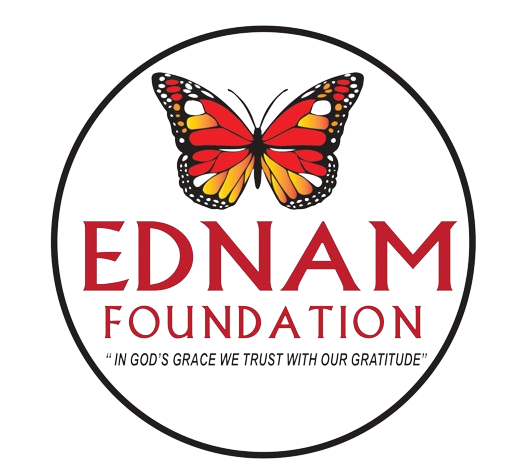climate change / enivronment
Significant changes in weather patterns have increased the variability and unpredictability of rainfall, posing a major threat to resource-dependent livelihoods in Uganda—farmers, pastoralists, agro-pastoralists, and fisherfolk. Frequent prolonged droughts and irregular rainfall have transformed perennial rivers into seasonal ones, with some water sources drying out during dry seasons, a phenomenon not observed over 15 years ago. Ecosystems most at risk include Arid and Semi-Arid Lands (ASALs), wetlands, forests, and water resources. The unsustainable management of these ecosystems has led to declining resource productivity, scarcity, inequitable access, conflicts, population displacements, and heightened human vulnerability. Therefore, ecosystem management and restoration are crucial for enhancing land productivity, reducing poverty, and bolstering the resilience of resource-dependent populations.
Resilience & Climate Change Adaptation
Increasing the capacity of local communities to adapt to and implement climate-resilient livelihood options is a priority under this strategic plan. Similarly, Ednam will strive to enhance the capacity of local institutions and community groups to support local adaptation and disaster risk reduction initiatives. Our approach will ensure the integration of factors affecting resilience and effective ecosystem management, including population dynamics, health, economic activities, legislation, and regulation. At the national level, Ednam will actively engage in national climate change dialogue and policy processes, conducting research and documenting adaptation options in ASALs to inform policy reviews.
